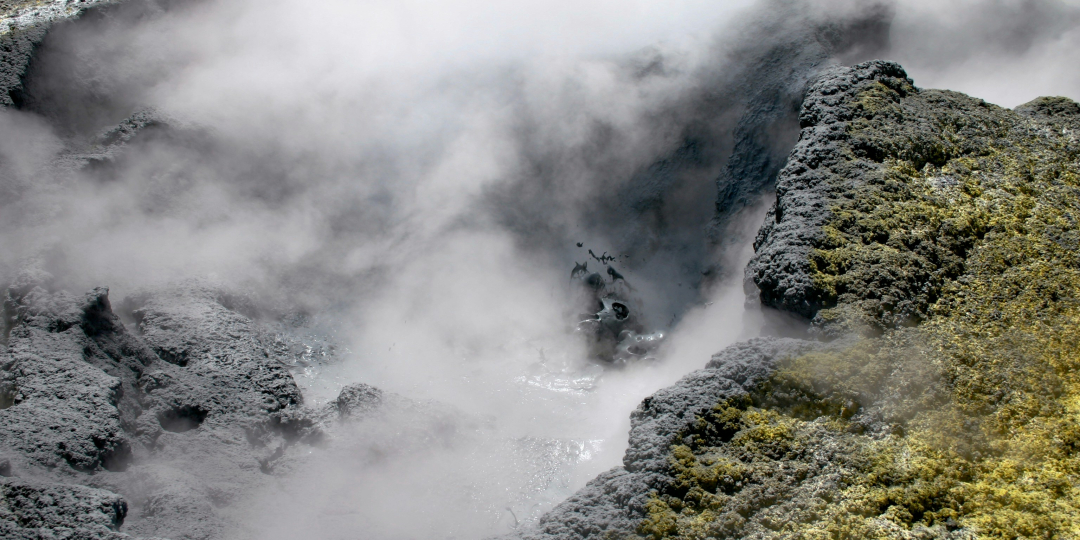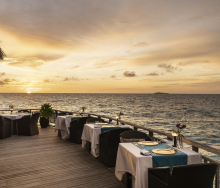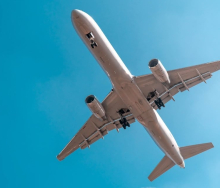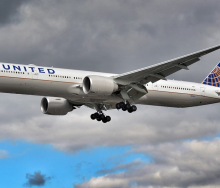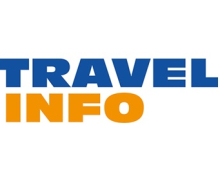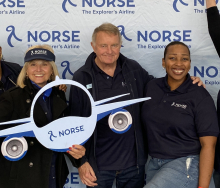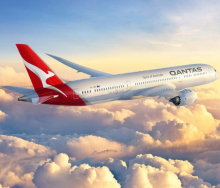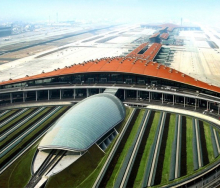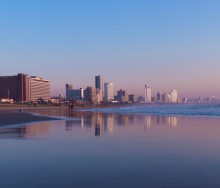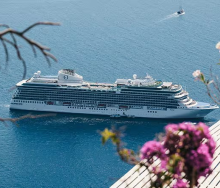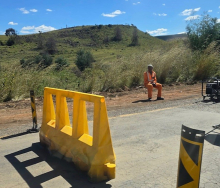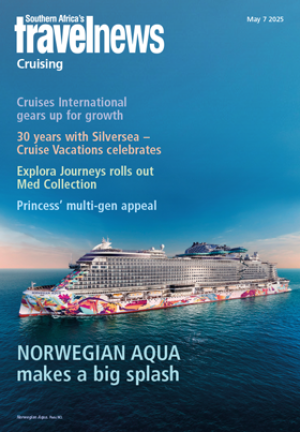Tour operators, booking agents and private owners who arranged tours to White Island/Whakaari, 50km of North Island, New Zealand on December 9, 2019 – the day the island’s volcano exploded, killing 22 and injuring 25 – have been fined close to US$13 million (R248 million) by a Wellington court on Friday, March 1.
In 2020, 13 individuals and companies were charged for failing to implement sufficient health and safety measures. Several parties either pleaded guilty or had their charges dropped.
In July last year, a ‘judge-only’ trial began, to prosecute those responsible for tours to the island. According to the independent.co.uk, Whakaari Management Ltd. (WML), the holding company of the island’s owners, a boat operator, and three other companies that operated helicopter tours to the island have been found guilty of several safety breaches.
“There is no way to measure the emotional harm survivors and affected families have endured and will continue to endure,” Judge Evangelos Thomas said when passing down the sentence. “Reparation in a case like this can be no more than token recognition of that harm.”
During last week’s hearing, Judge Thomas noted that Andrew James and Peter Buttle, the owners of WML, had “appeared to have profited handsomely” from tours to the island despite not having a bank account or assets.
Since the sentencing, White Island Tours, which has been fined NDZ500 000 (R5,8 million), has told nzherald.com that its insurance would cover the amount and that the sentencing could spell the end of the tour operator.
“That will be paid promptly, certainly within the next 21 days or so, to the Ministry of Justice, who are tasked with administering the collection and the payment out of reparation to the victims,” said Richard Raymond, White Island Tours’ counsel.
Whakaari remains off-limits to the public.
"White Island" is actually the peak of a large submarine volcano rising 1 600 metres from the sea-bed.
A coroner's investigation into the incident will be opened next year to consider aspects of the disaster, like the search and rescue operation, whether there were sufficient treatment facilities available and the role of the NZ safety regulator, Worksafe, which conducted safety audits on the tour operators and allowed the tours to continue.
